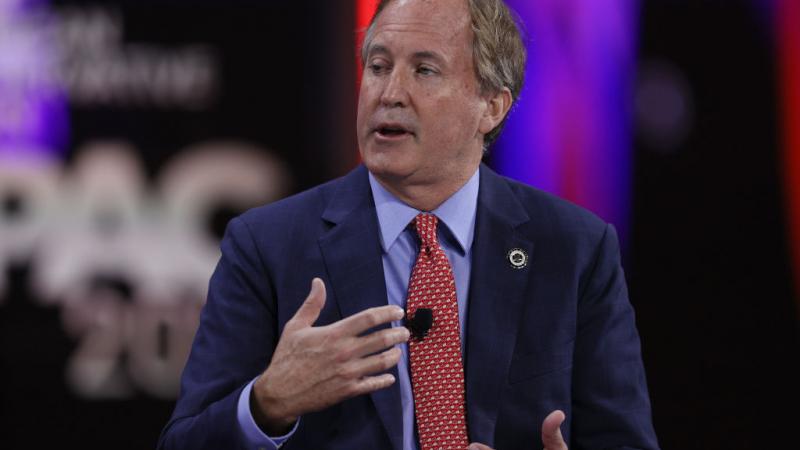Maine legislative panel rejects transgender tourism proposal
Last year, Maine Gov. Janet Mills signed into law a "first of its kind in the nation" bill allowing access to gender-affirming care without parental consent or notification for 16- and 17-year-olds.
(The Center Square) — Maine lawmakers have rejected a proposal that would have allowed minors from other states banning gender change procedures from accessing them in the state and shielding medical professionals who perform those services.
The proposal, filed by a group of Democrats, would have prohibited Maine from cooperating with law enforcement from states that have banned gender-affirming care who are investigating people who seek treatment in Maine. But on Thursday, the Legislature's Judiciary Committee rejected the bill, with Republicans and a handful of Democrats voting not to advance the plan.
Republicans had pushed back hard against the proposal, which was blasted by conservative blogs for promoting "trans tourism" and defying the will of parents who objected to their children seeking the procedure.
"This bill authorizes the kidnapping and massacring of children from other states without parental consent," state Rep. David Haggan, R-Hampden, one of the proposal's chief critics, said in a statement. "We should take a compassionate stand in favor of our children's physical and mental health by defeating this bill without delay."
Another critic, Rep. Katrina Smith, R-Palmero, called it a "horrible" bill "in light of facts emerging about the physical consequences and deep regret of children involved in gender transitioning."
"The state should never place itself above a loving parent and irreparably destroy the reproduction health of a minor child in the face of another state's court order," Smith said in a statement.
Supporters of the measure, which include the Maine Psychological Association and the National Association of Social Workers, argued that the protections are needed to shield patients and medical professionals who perform gender-affirming care from prosecution by other states.
"Despite the medical consensus, there is a coordinated national attack on gender-affirming care, turning what should be private medical decisions involving a parent, their family and their doctors into a political football used to divide communities," the bill's primary sponsor, Rep. Laurie Osher, D-Orono, said in recent testimony.
Danae Kershner of the American Academy of Medical Ethics said in testimony opposing the bill that the adolescent brain isn't developed enough for the "mammoth decision" of gender reassignment. She said the procedure shouldn't be considered without "extensive counseling and clear informed consent" about the "medical and surgical risks involved in both chemical and surgical gender transition."
Kershner said the bill would promote "inappropriate medical treatment for this vulnerable population" and label parents who object to the changes as "child abusers."
"It would allow the state to remove children from their protective homes and families," she wrote. "In addition, it would provide sanctuary for physicians who have violated laws in other states regarding gender transition to minors It would inhibit cooperation with investigation or extradition of these medical violators, and handcuff the courts from intervening in child abduction for the purposes of gender reassignment."
If approved, Maine would have joined several states that have enacted similar bills — often dubbed "trans tourism" by critics — including Colorado, Minnesota and Washington state, according to the National Conference of State Legislatures.
Last year, Maine Gov. Janet Mills signed into law a "first of its kind in the nation" bill allowing access to gender-affirming care without parental consent or notification for 16- and 17-year-olds.















